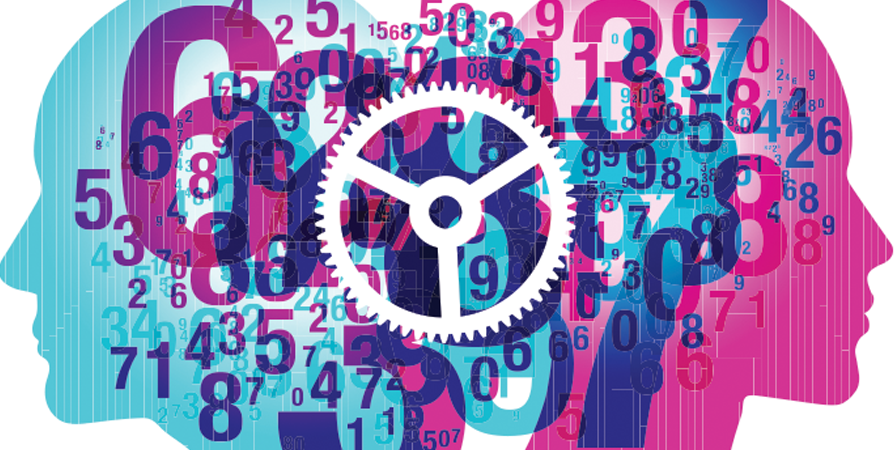
About the concentration in Data Analytics and Psychological Sciences
Explore the intersection of the tools of data analytics and the science of well-being. The Data Analytics and Psychological Sciences concentration offers the opportunity to improve your data literacy while developing strategies that support personal, organizational, and community well-being. In this degree concentration, you learn how well-being is measured, what activities can increase human flourishing, and how to apply analytical and statistical methods to effectively interpret and communicate data.
The concentration in Data Analytics and Psychological Sciences prepares you to:
- Implement and interpret basic regression models
- Understand advanced predictive modeling and machine learning
- Implement and analyze surveys
- Design experiments and A/B tests to test solutions and address problems
- Develop skills in statistical programming and data analysis in R
- Apply skills and knowledge to solve real-world problems
- Learn the historical and empirical foundations of positive psychology and the science of well-being
- Explore key research themes (e.g., positive emotions, strengths, engagement, relationships, meaning, and accomplishment) and their relevance in personal and organizational settings
- Apply research in positive psychology by practicing strategies that influence well-being
- Investigate applications of positive psychology in different professional settings including business, education, healthcare, and the nonprofit sector
- Learn the basics of research, measurement, and evaluation in positive psychology
Courses
Students in the Bachelor of Applied Arts and Sciences degree will choose a concentration to tailor their undergraduate education to specific personal and professional goals. Courses within each concentration may be taken in any order, unless prerequisites are specified. It is strongly recommended that students complete Introduction to Positive Psychology before taking additional applied positive psychology courses.
Students must complete foundational courses for the Bachelor of Applied Arts and Sciences degree. In addition, students must complete a total of 12 courses (12 c.u.*):
- Data Analytics course block
- 4 Applied Positive Psychology courses
- 4 additional courses with input from an academic advisor
Course options
Data Analytics course block
- DATA 1010: Introduction to Data Analytics
- DATA 2100: Intermediate Data Analytics
- DATA 3100: Introduction to Statistical Methods
- DATA 4010: Advanced Topics in Data Analytics
Applied Positive Psychology course block
- APOP 1000: Introduction to Positive Psychology
- APOP 1200: Human Flourishing: Strengths and Resilience
- APOP 2000: Positive Psychology at Work
- APOP 2200: Flourishing with Others: Building Thriving Relationships
- APOP 2700: Flourishing and Well-Being in Resilient Communities
- APOP 2900: Understanding the Science of Positive Psychology
- APOP 3400: Flourishing through Creativity and the Arts
With input from your academic advisor, choose four additional Penn LPS Online courses to complete this degree concentration.
Courses are subject to change.
*Academic credit is defined by the University of Pennsylvania as a course unit (c.u.). A course unit (c.u.) is a general measure of academic work over a period of time, typically a term (semester or summer). A c.u. (or a fraction of a c.u.) represents different types of academic work across different types of academic programs and is the basic unit of progress toward a degree. One c.u. is usually converted to a four-semester-hour course.
Certificates related to Data Analytics and Psychological Sciences
See your advisor to explore earning the following certificates along with your degree. Note that these certificates are not earned automatically upon completing your degree; your advisor will help ensure that your academic plan meets the requirements of your preferred certificate.
Careers related to Data Analytics and Psychological Sciences
- Database administrator
- Market research analyst
- Marketing specialist
- Survey researcher
- Social and community service manager
- Statistical assistant
- Compliance officer
- Management analyst
- Compensation, benefits and job analysis specialist
